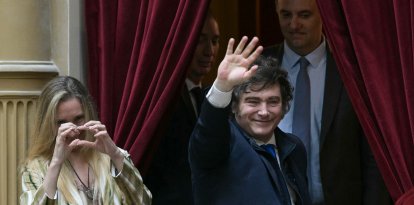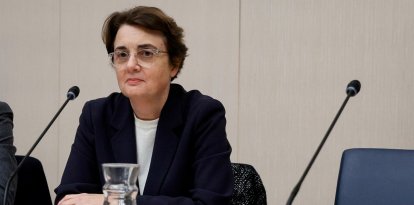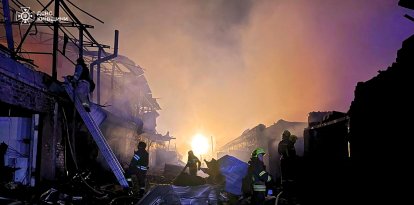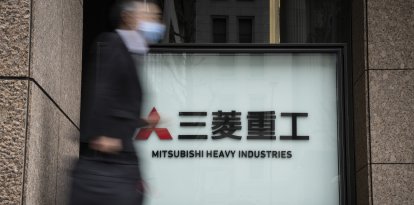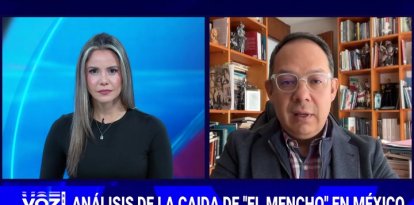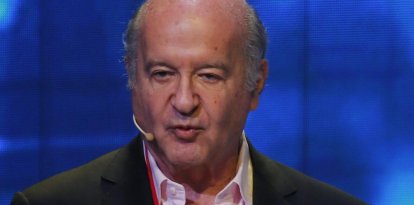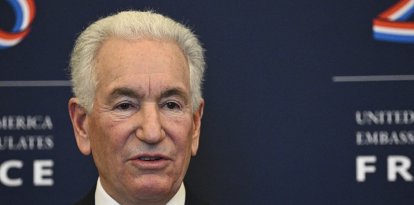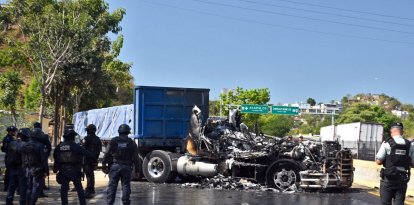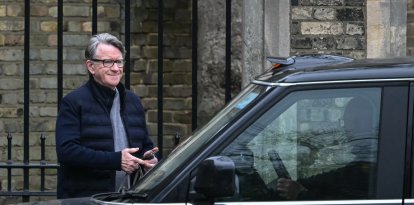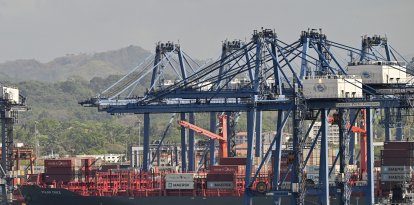Nearly 70 thousand Colombians took to the streets to protest against Gustavo Petro
Rising gasoline prices, land invasion, newly proposed taxes, labor and health reforms were some of the triggers for the demonstrations.
Nearly 70 thousand people came out to protest in 35 cities across Colombia against President Gustavo Petro this Monday, their motivation, to reject the increase in gasoline prices, land invasion and the proposed tax, labor and health reforms.
"There were 54 events at the national level, including 29 marches that took place in different streets around the country, 23 rallies and two mobilizations. We calculated an estimated participation of between 65,000 and 70,000 people. This calculation was made according to our methodology in many parts of the country, endorsed by the different territorial entities in 45 municipalities in 23 departments, including Bogotá," reported Brigadier General Javier Josué Martín Gámez, head of the national police service.
The largest number of demonstrations against President Petro occurred in cities such as Popayán, Bogotá, Armenia, Pamplona and Pereira. "Pereira was where most people participated in these marches. There was no need for any intervention by the National Police to control public disorder, for obvious reasons, there were also no reported inconveniences in any other part of Colombia", as detailed by Martín Gámez.
Reasons to protest
Pierre Onzaga, spokesman for the so-called "Great Mobilization for Colombia", told CNN that the main reasons for the protest were the increase in gasoline prices and a tax on single-use plastics, included in the tax reform. Onzaga pointed out that these measures would cause a domino effect in the increase of prices in the family basket, for which reason he calls for the elimination of both the tax reform and the tax on plastics.
"It does not tell us what that money (from the tax reform) is going to be used for and it is not a reform that seeks to generate either employment or development(...) By taxing plastics and gasoline and removing gasoline exemptions, they end up raising prices for all foods that are packaged in plastic: salt, sugar, rice and pasta etc... in neighborhood stores," said Onzaga.
Petro's Administration pointed out that the tax increases will not affect the middle and lower classes of the country, and that the increase in gasoline prices is necessary because half of the country's budget deficit would be caused by the gasoline subsidy, and with this deficit, other priorities are being neglected.
Risk to democracy
On the other hand, Pierre Onzaga said that the march was also called to reject the proposal of the current administration to carry out the modification to the Electoral Code, which he believes would affect democracy. "They will be able to close a party or a movement of a party by signatures if it is not in accordance with the criteria that this mega-organism will have".
Onzaga refers to the Electoral Code reform presented on August 8 by Petro's Minister of the Interior, Alfonso Prada, and the National Registrar, Alexander Vega, and the National Electoral Council. The reform was approved in Congress.
It is expected that on October 24 new protests will be held to continue rejecting some of the proposals and measures of Gustavo Petro, who has been in office for less than two months.















